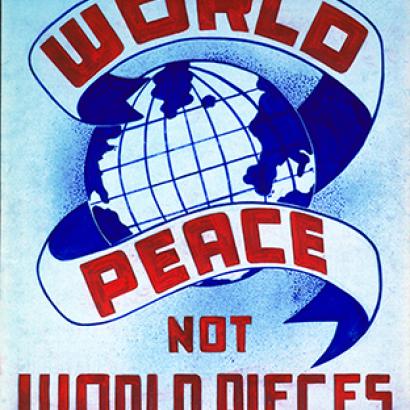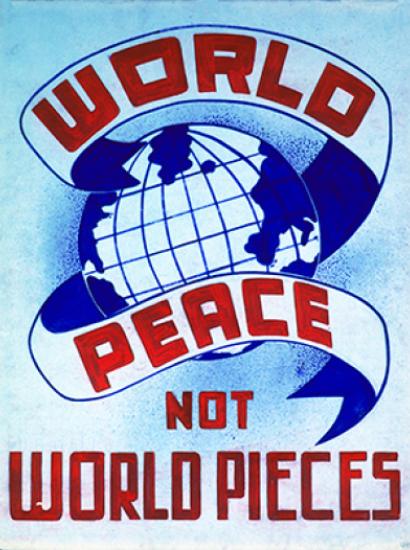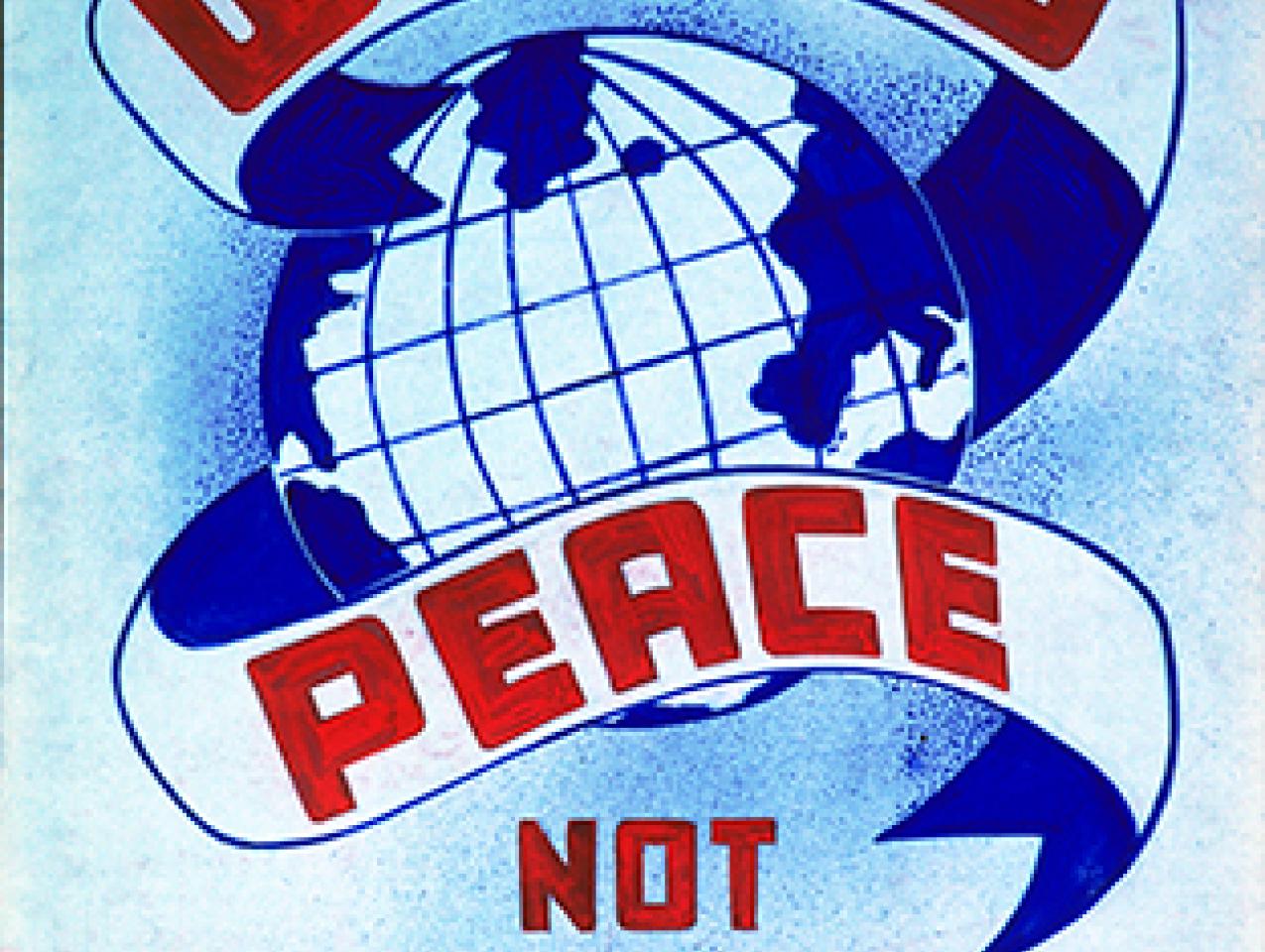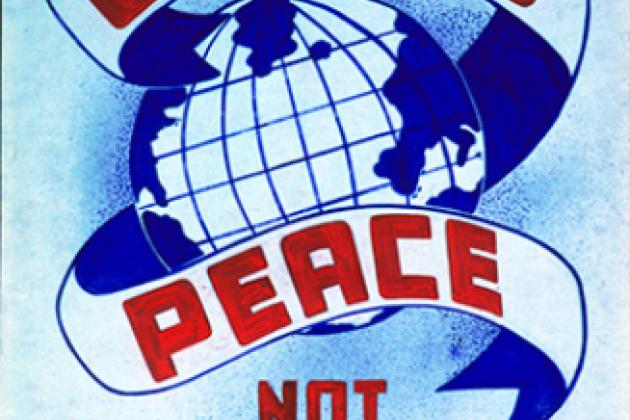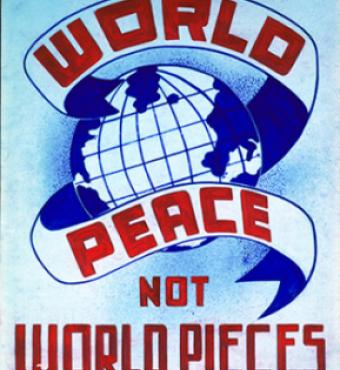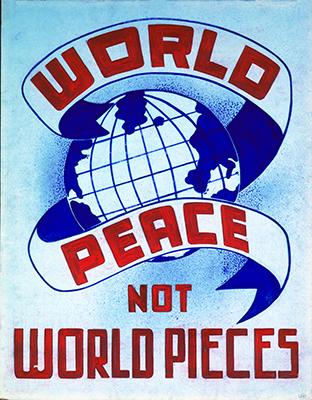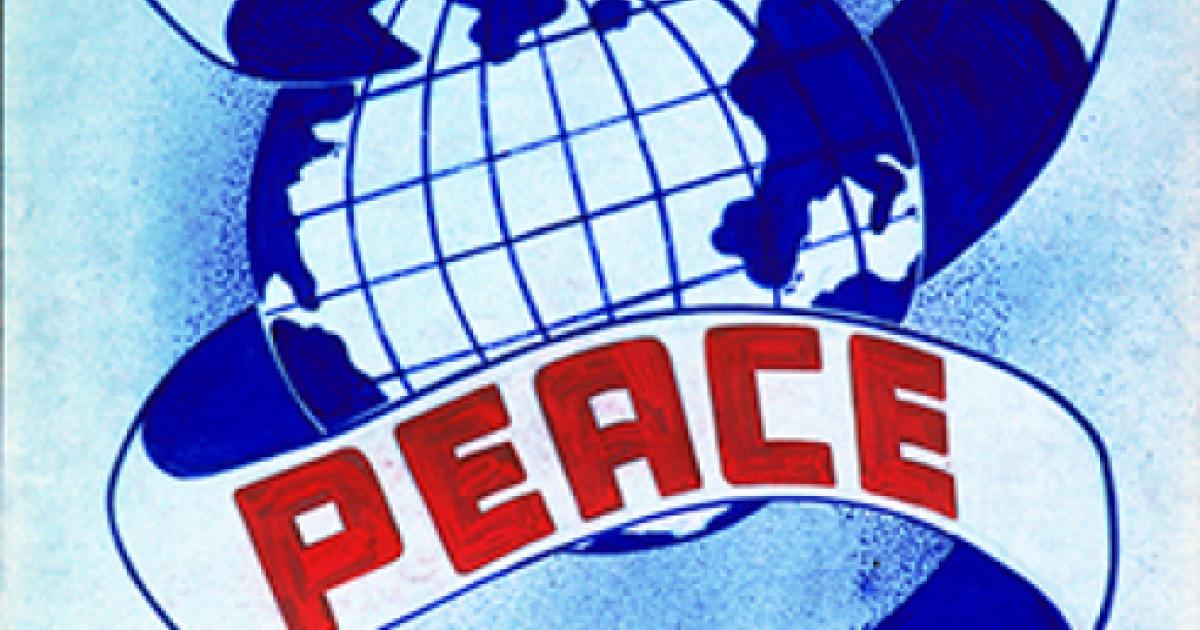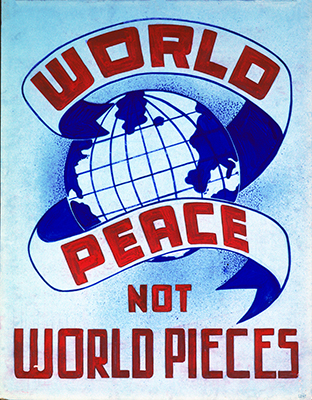
The global strategic landscape is moving away from the primacy that America achieved over the last century. New terrain includes the possibility of great power competition, a return to the bipolarity that policy-makers in the immediate post-Cold War said must never happen again. Current sentiment in the U.S. illustrates that there are worse possibilities than bipolarity.
The social science bent in the humanities enabled polarity’s drift into the study of international relations. It is used to describe a specific phenomenon—the distribution of power between political units in an international system. Polarity’s antecedent is the “balance of power,” a central concept in Western international relations theory that, as David Hume noted, has appeared from Thucydides onwards. Nor is the balance of power restricted to the Western tradition. The great Chinese literary work, The Romance of the Three Kingdoms, recounts the struggle for power during and after the Han dynasty’s collapse.
The balance of power concept holds that a rising political actor’s neighbors will naturally view it as a threat. Careful diplomacy and structural impediments, including political ineptitude, ideology, and enduring enmity between potential allies can mitigate the balance of power’s effects, while outright military superiority can eliminate the balance altogether and replace it with hegemony. But absent global governance or universal empire, the logic of the balance of power will continue to govern the international system.
Polarity theory, however, transcends the abstract notions of the balance of power. It identifies the number of actors in an international system as the most important variable in determining its character and stability. Multipolar systems involve several relatively equal great powers, which form alliances to further their own ambitions, and check those of their rivals. Bipolar systems are characterized by two dominant “superpowers,” whose strength forces all other actors to choose between each titan. Unipolar systems, the rarest historically, are defined by a single superpower, with nearly matchless military superiority.
The line between these polar systems, particularly bipolar and multipolar ones, is fuzzy. For example, while Athens and Sparta dominated 5th century B.C. Greek politics, both had to respect the concerns of lesser powers. Sparta’s domestic structure compelled attention to allied concerns, particularly those of Corinth, for fear of defection or the creation of a third contestant.
The Cold War’s conclusion initiated an unprecedented period of unipolar power. Balancing typically followed such watershed moments in international politics, either immediate, as occurred between 1945 and 1952, or delayed by unjustifiable hope, as with the interwar period. In the sole alternative case—Napoleon’s defeat in 1815 and the subsequent Concert system—creative diplomacy and broad homogeneity in relative power still relied upon the balance of power’s logic.
Initially, however, predictions of resistance to the United States’ dominant international position did not materialize. Similarities between the Anglosphere and European continent diminished suspicion, while a politically tumultuous Russia and economically-driven China lacked the power to contest American actions regardless of objections. Additionally, America’s unique character suited its unipolar role. Americans have eschewed imperial expansion and territorial conquest. While smaller states had to band together against the hegemon, or risk destruction, they would instead be able to cooperate with the hegemon and with each other, secure in the United States’ benign intentions.
Just as the balance of power defines international political life, deception permeates all forms of politics. Particularly for actors with aggressive strategic goals, obfuscating capabilities and intentions is a critical political instrument. But as economic, and by extension military, power have dispersed, strategic obfuscation has become more difficult. The current international system exhibits multipolar and bipolar characteristics.
Two major actors, the United States and China, are the most consequential. The United States’ global power projection capabilities and high-tech economy are unmatched, except, potentially, by China’s regional denial networks and economic productivity. Nevertheless, secondary powers remain relevant.
Iran’s irregular forces have carved out an expanding Near Eastern empire from the Levant’s bloody cities and deserts. If it fulfills its nuclear ambitions, Iran’s influence can only be expected to grow.
Russia’s economy remains weak, but it possesses a robust security establishment that has outmaneuvered more powerful Western opponents in multiple confrontations. India, despite its internal divisions, retains the potential to assert itself internationally, as does Europe, if united under a working political framework. And the threats that loomed so large in the aftermath of September 11th, rogue regimes and terrorist networks, remain.
Whether today’s world is bipolar, multipolar, or otherwise, the balance of power has reasserted itself. In past decades, one would expect this balance to crystallize. America would either compete with its challengers and force all but one of them out of the running or engage in a diplomatic balancing act between relevant actors, searching for an equilibrium (with some combination of the two measures the most likely response).
These are not ordinary circumstances. Rather than actively competing with its rivals, the United States and the West are increasingly reluctant to pay the price of power. China eyes Taiwan, but America remains largely silent. A resurgent Russia and increasing potential for terrorism threaten European security, but Europe fragments rather than uniting, and dallies with xenophobic political movements. Britain flirts with economic risk as a palliative to ineffectual political leadership. Both major American political parties remain embroiled in a politicized investigation that avoids central issues the country faces. The West leans toward a deepening unwillingness to fight for either interests or values.
Polarity, and the balance of power logic that underpins it, is only relevant when all actors in the system participate. Absent easy room for expansion, states must resort to subtle maneuvering or violence to achieve their objectives. A vacuum, created when one actor refuses to engage, abrogates this logic. Balancing is illogical when predators see weak and weary prey. Rather than fighting over scraps, they can gorge themselves upon fresh meat. Only when the target chooses to resist its enemies, or is devoured by them, will the balance, and polarity, return.







